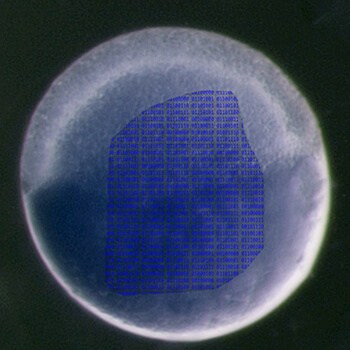The development of the embryo into trillions of specialized cells is an intricate genetic dance orchestrated by precisely timed expression of genes. Now a team led by Yale scientists have discovered a way to track the precise bits of RNA that that control this crucial process in a living animal.
The new assay, tested on the genome of zebra fish, allows scientists to pinpoint function of myriad of signals activated after fertilization. “The problem we have is how to we interpret what the book of life is telling us,” said Yale geneticist Antonio Giraldez, senior author of the paper appearing Dec. 26 in the journal Nature Methods. “What we have done is break apart these instructions so we can determine the meaning of individual words.”
The assay has many potential applications, Giraldez said. For instance, in the first hour after fertilization, the incipient embryo receives all instructions from the mother, before it begins to activate its independent development. The new assay can identify specific elements of the genetic code that counteract instructions from the mother. The method can be used for other purposes, such as identifying bits of RNA that can activate cancer-causing genes.


